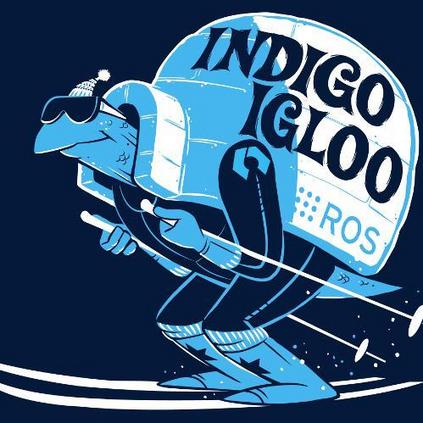This paper presents a learning framework to estimate an agent capability and task requirement model for multi-agent task allocation. With a set of team configurations and the corresponding task performances as the training data, linear task constraints can be learned to be embedded in many existing optimization-based task allocation frameworks. Comprehensive computational evaluations are conducted to test the scalability and prediction accuracy of the learning framework with a limited number of team configurations and performance pairs. A ROS and Gazebo-based simulation environment is developed to validate the proposed requirements learning and task allocation framework in practical multi-agent exploration and manipulation tasks. Results show that the learning process for scenarios with 40 tasks and 6 types of agents uses around 12 seconds, ending up with prediction errors in the range of 0.5-2%.
翻译:本文件提供了一个学习框架,用以估计多试剂任务分配的代理能力和任务要求模式;通过一套团队配置和相应的任务业绩,可以了解到线性任务限制将嵌入许多现有的基于优化的任务分配框架;进行综合计算评价,以测试学习框架的可扩展性和预测准确性,并配以数量有限的团队配置和业绩配对;建立ROS和Gazebo模拟环境,以验证拟议的多试剂实际探索和操作任务中的需求学习和任务分配框架;结果显示,40项任务和6类代理的情景的学习过程在12秒左右使用,最后出现0.5-2%的预测误差。

